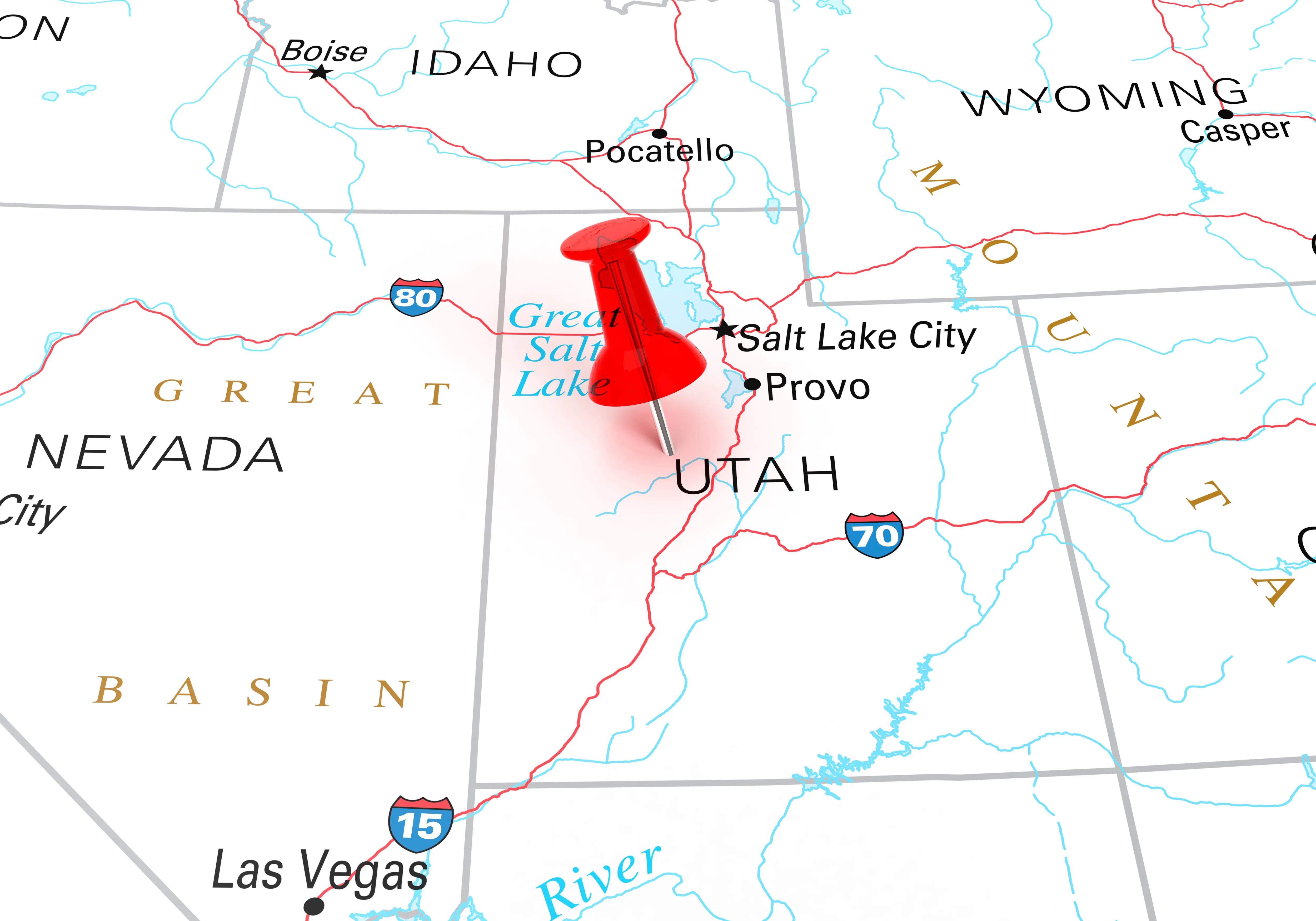
Report: 25 million Black, Latino voters missing from databases
© iStock - sefa ouzel
Click play to listen to this article.
(Ohio News Connection) Census data indicate among voting-age Americans, nearly 25 million Black and brown eligible voters are missing from commonly used registration databases.
A recent study by McKinney Grey Analytics showed people of color are being systematically sidelined by "seemingly inclusive, data-driven digital systems" of voter engagement. Analysts believe it could eliminate thousands of key voters in states such as Ohio.

Prentiss Haney, senior adviser for the Ohio Organizing Collaborative, said it often means many eligible voters must re-register or be disenfranchised.
"Over time, they actually fall off the list, and they're not even in the conversation," Haney pointed out. "And what we see in America is that those voters tend to be Black voters, brown voters and people of color. And it's not because those voters are disengaged. It's that they're cynical about the system."
The Ohio Secretary of State eliminated more than 26,000 names from the state's voting list in 2023 for lack of voting activity for the previous four years. Haney noted many of the people on the list have moved and did not receive a notice. The state has a website where voters can check their status and re-register if they have been purged.
The study found given how close recent elections have been, finding and engaging millions of missing Black and Latino voters will "almost certainly determine" the outcome of elections in the future.
Haney added many of the omitted voters are lost in the system.
"When we say a voter is missing, we mean that in the ways that traditional campaigns do outreach, these voters are not on those lists, they are not being targeted," Haney explained. "They are missing from engagement and the outreach that they should get as someone engaging in our democracy."
Deidra Reese, voter engagement director for the group, said it is important for people purged from the rolls to understand their vote counts.
"It certainly can be challenging because there are people who feel like it doesn't matter," Reese acknowledged. "But we try to help them understand why it does matter when they are engaged, and that when they disengage, it can matter more because a smaller number of people are driving the process."

















